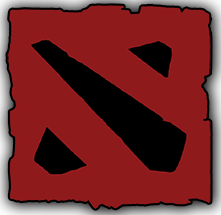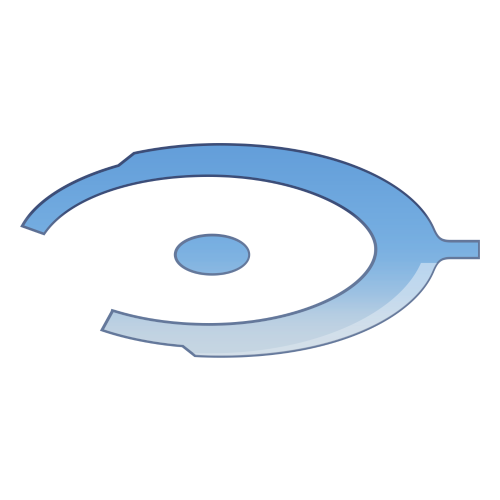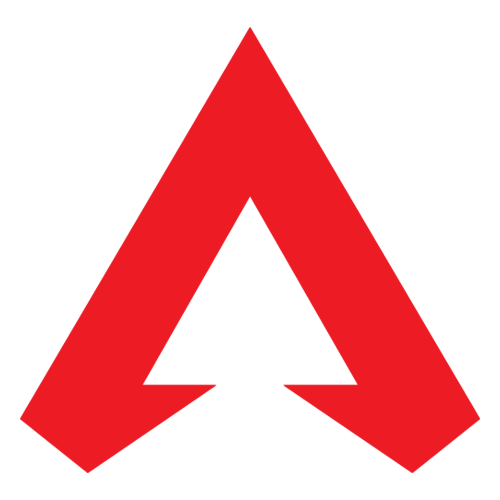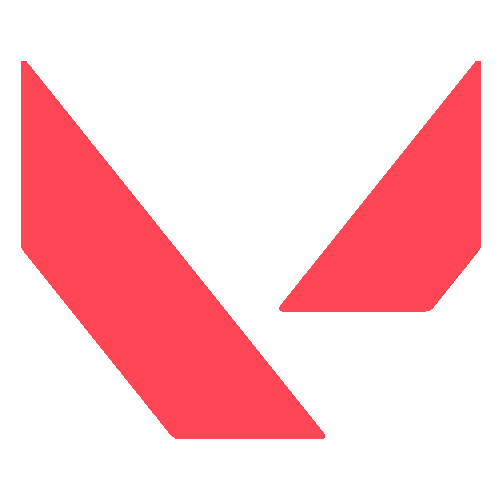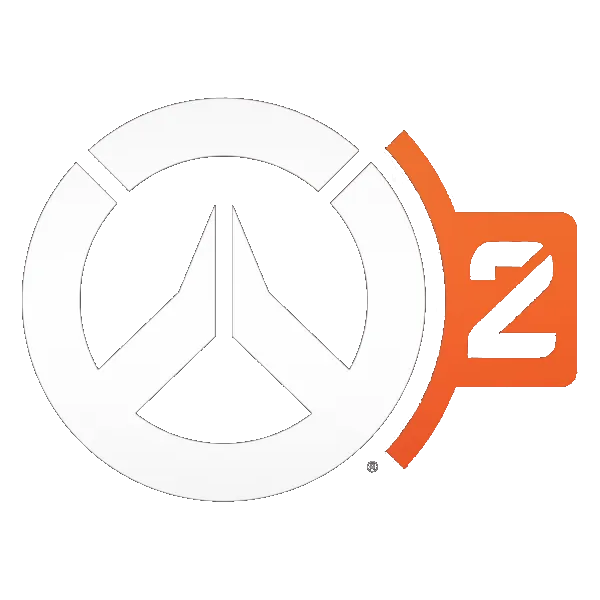
The battle against cheaters has been ongoing for over a decade, and in 2021, Activision stepped up its efforts with the introduction of the purpose-built 'RICOCHET' anti-cheat system. This system has continuously evolved, improving cheat detection and implementing measures like preventing offending players from dealing damage or experiencing visual distortions, as well as issuing hardware bans for repeat offenders.
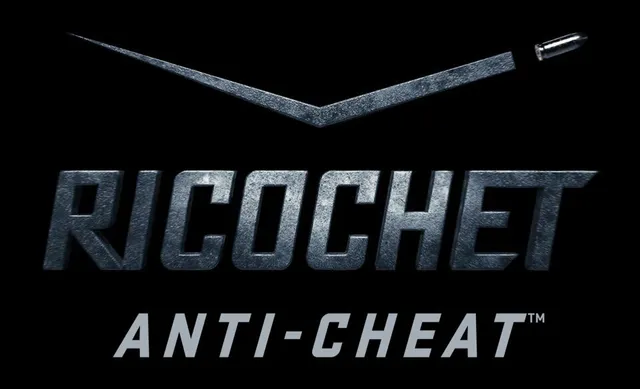
Activision didn't just stop at targeting offending players; they also took legal action against cheat makers themselves. One prominent service, EngineOwning, was slapped with a $3 million damages charge by Activision in October 2022. Such high-profile cases have significantly reduced the threat by targeting cheat makers at their core and setting a powerful example for others.
In the recent wave of bans, over 14,000 accounts have been penalized due to investigations into hacking software developers. Many of these bans are related to accounts associated with popular cheating services like EngineOwning and InterWebz, leading to users being unable to log in.
The timing of these bans coincides with the upcoming Season 5 update for both Call of Duty: Modern Warfare II and Warzone 2, set to launch on August 2, 2023. Given the ongoing concerns in the community about hackers, it is crucial for developers to ensure the game's integrity is upheld and ready for the influx of players with the new update.

Season 5 will bring a fresh wave of content, including new maps, weapons, game modes, and operators for both normal multiplayer and Warzone, promising an exciting experience for players. With these efforts to combat cheating, Activision is reaffirming its commitment to providing a fair and enjoyable gaming environment for all Call of Duty fans.




